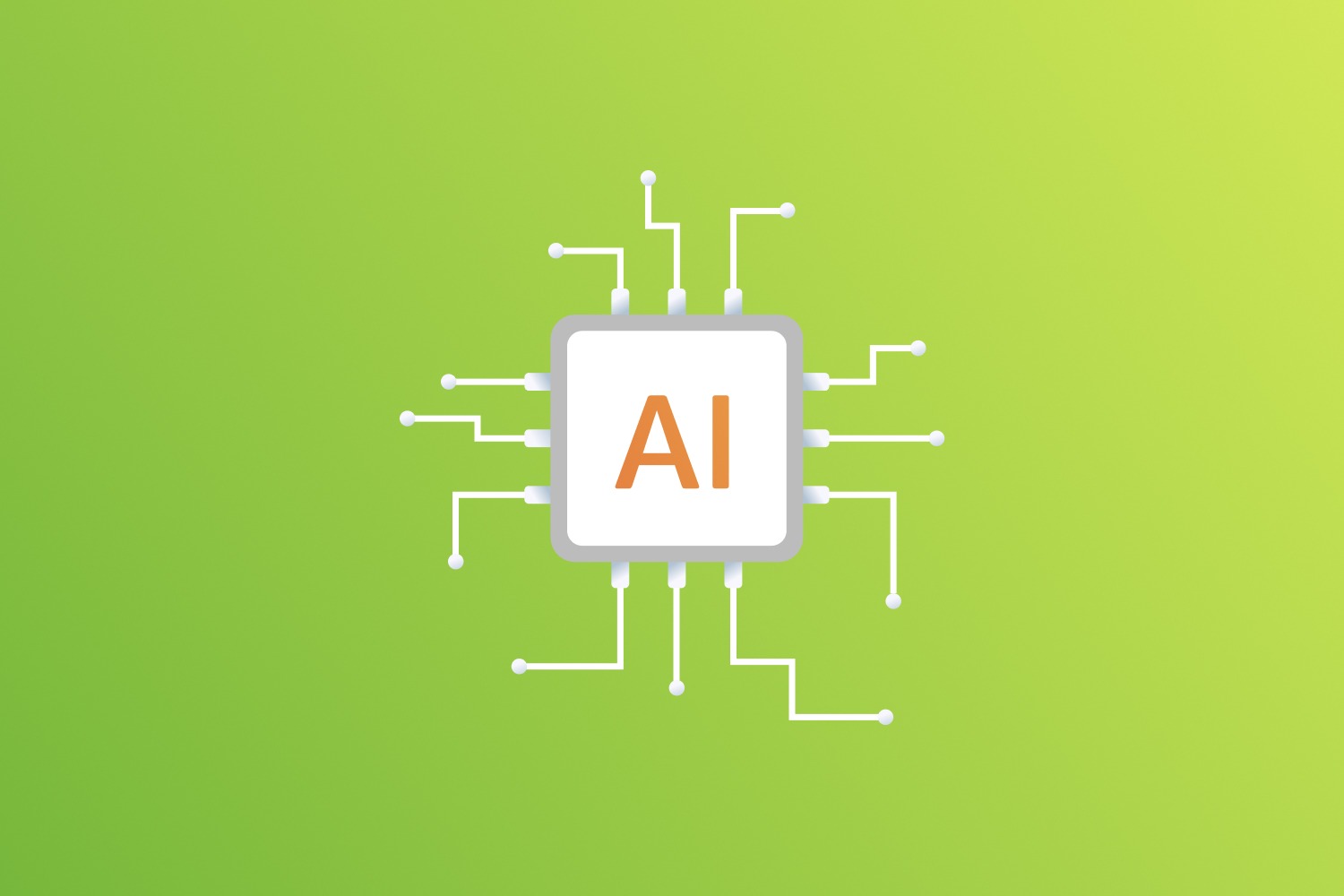As companies increasingly rely on data to drive decisions, the demand for professionals who ensure data reliability, completeness, and trustworthiness is rapidly growing. Volha Melnikava, Lead Data Quality Engineer, guides us through the world of Data Quality Engineering.
What is Data Quality Engineering?
Data Quality Engineering ensures data is accurate, consistent, reliable, relevant, and timely, making it "fit for purpose" for its intended use, whether for daily operations, strategic decision-making, predictive analytics, or AI/Machine Learning.
This discipline encompasses various cross-functional elements:
- Program Management: Planning, organizing, controlling, and managing resources to achieve data quality goals.
- Roles: Defining responsibilities for data stewards, owners, and custodians.
- Organizational Structures: How an organization is structured impacts data quality management (e.g., centralized structures offer better control).
- Use Cases: Different business use-cases will have unique data requirements, and therefore, the data quality initiatives must be tailored to fit these individual use cases.
- Processes: Consistent execution of monitoring, reporting, and remediating data quality issues.
Improving data quality requires a well-rounded approach involving people, process, and technology to deliver high-trust data that supports sound business strategies.
Data Quality Engineering is a people + process + technology practice aimed at delivering high-trust data that supports sound business strategies.
What does a Data Quality Engineer do?
A Data Quality Engineer's primary role is to ensure data used by decision-makers is accurate, complete, and reliable by identifying and addressing quality issues like inconsistencies, redundancies, or incorrect data. They often create processes for data sanitation and improvement, including data profiling, standardization, and implementing error detection protocols.
The role demands a strong understanding of data structures, data modeling, and software engineering. Core technical skills include proficiency in SQL and relational databases, experience with data analysis and quality tools, and familiarity with cloud platforms (AWS, Azure, GCP, Databricks) and programming languages like Python.
Beyond technical skills, Data Quality Engineers need an analytical mindset, attention to detail, and robust problem-solving capabilities to ensure data credibility. With increasing privacy concerns and regulations like GDPR, they also understand and implement data protection and governance principles, ensuring data quality initiatives align with regulatory compliance.
Why is Data Quality Engineering in high demand?
Organizations rely on vast amounts of data for informed decisions, trend prediction, strategy development, and growth. As data scope expands, so does the importance of its quality.
We live in a world where inaccurate data = inaccurate decisions.
Inaccurate or misleading data can result in misguided business decisions, unproductive strategies, and business decline. Data privacy violations and non-compliance can lead to financial and reputational damage. With the rise of AI, machine learning, and automation, companies cannot afford to rely on "dirty" data.
By delivering high-quality data, Data Quality Engineers enable businesses to make accurate decisions, predict trends, and achieve exponential growth. As data becomes an increasingly critical asset, the role of a Data Quality Engineer will only continue to grow in importance.
A day in the life of a Data Quality Engineer
DQEs bridge the technical and business worlds, doing more than just cleaning data. Their responsibilities include:
- Data Profiling: Understanding data structure, content, and quality.
- Data Rectification: Validating, cleansing, and standardizing data.
- Implementing Data Quality Checks: Setting up validation rules to catch inaccuracies early.
- Defining Data Standards: Ensuring adherence to data formats, structures, and conventions.
- Data Masking: Implementing procedures to maintain privacy and compliance, especially for PII or financial information.
- Communication: Engaging with stakeholders to understand their data quality needs, educate them, communicate issues, and propose solutions.
- Testing Data Processing: Serving as gatekeepers of data testing throughout its lifecycle, including data pipelines, transformations, integration testing, developing automated scripts, setting up BI report testing, and creating synthetic data that mirrors real business data for comprehensive testing.
- Tool Selection: Identifying and selecting data quality tools based on product and organizational needs, ensuring flexibility, scalability, and adaptability.
How to Stay in Demand as a DQE
To stay relevant and in demand, a data quality engineer must navigate the constant shifts in modern trends, technologies, and best practices. Here is a couple of points for how a DQE can stay relevant nowadays:
- Expertise in handling big data platforms like Hadoop, Spark and Kafka is sure to enhance DQE’s demand.
- Knowledge in cloud-based data management platforms like AWS, Google Cloud, and Microsoft Azure, including their in-built data quality tools, is critical. Additionally, an understanding of Data-as-a-Service (DaaS) can prove beneficial.
- Stay ahead with modern data quality tools, learn about their usage, functionality, and the unique nuances. Practical, hands-on experience with popular data quality tools like Atacama, Collibra, Alation, and data world can keep engineers highly in demand. EPAM, as a partner, has the advantage of access to training materials, certification programs and sandbox environments. These resources provide our engineers with opportunity to familiarize themselves with these cutting-edge tools in a safe, controlled environment.
- To navigate the complex, data-driven landscape effectively, automation experience is becoming a non-negotiable skill in the world of data quality engineering. Ability to provide efficient, accurate, scalable and cost-effective automated solution enhances value of DQE within the ever-evolving technology landscape, keeping them relevant in a data-driven world and helping organizations stay competitive.
- The rise of AI and ML has revolutionized data management and analysis. These technologies can automate data cleanup and complex tasks, detect anomalies and outliers in datasets, and enable advanced data analytics. DQEs should familiarize themselves with AI and ML applications in data quality to stay competitive and relevant.
Ultimately, DQEs who continuously grow, adapt, and keep their skills up to date with changes in tools, technologies and trends stand out in the industry.
Career growth: where can you go from here?
The experience gained as a Data Quality Engineer can be a springboard for advanced roles:
- Consultant or Data Engineer: Senior DQEs can offer invaluable advice on data quality best practices, strategic planning, and solution development.
- Data Science: With a strong data management foundation, DQEs can delve into data science, learning statistical analysis, machine learning, and data visualization to identify patterns and derive insights.
- (Data) Quality Architect: With robust data quality experience, mastery of data-related tools, and a deep understanding of principles, a DQE can transition to a strategic role designing and implementing an organization's data quality frameworks.
These roles require additional skills, but the foundational knowledge acquired as a DQE provides a strong starting point.
The Inspirations of a Data Quality Engineer: Volha Melnikava's Insights
Diverse range of roles and responsibilities
What invigorates me most in this profession is the unpredictable diversity of tasks each new engagement brings. As a data quality lead, I've experienced a wide spectrum of roles. One project involved a hands-on engineering role, creating comprehensive automation coverage. Another saw me as a Product Owner for data quality, requiring strategic oversight to ensure product alignment with quality standards. Each role, with its unique charm and challenges, has sharpened both my technical skills and my understanding of the broader business needs.
Opportunity to drive strategic decision-making and impact the company’s bottom line.
What truly heartens me about the DQ process is knowing my work directly contributes to key strategic decisions. High-quality data significantly influences an organization's trajectory. Every inconsistency rectified and error corrected improves dataset quality, leading to more accurate analysis, insights, and forecasts, ultimately boosting company financial results. It's then that the value of my contribution becomes clear.
Growing interest in data quality engineering
Another motivation is the rising client demand and interest in building data strategy and governance. This trend highlights a growing recognition of data as a critical element in business operations and strategic decision-making.
Outstanding data community
Another key motivation is the invaluable opportunity to work within our impressive data community. This dynamic team, with its dedication and expertise, acts as a powerful catalyst for pioneering ideas and a strong pillar of support. Our collective efforts towards the organization's data-driven goals bring a real sense of fulfillment and purpose to my work.
If you're analytical, detail-oriented, and passionate about the hidden power of data – Data Quality Engineering might be your calling. It’s a dynamic role where your work has real business impact, and your skills will always be in demand.








